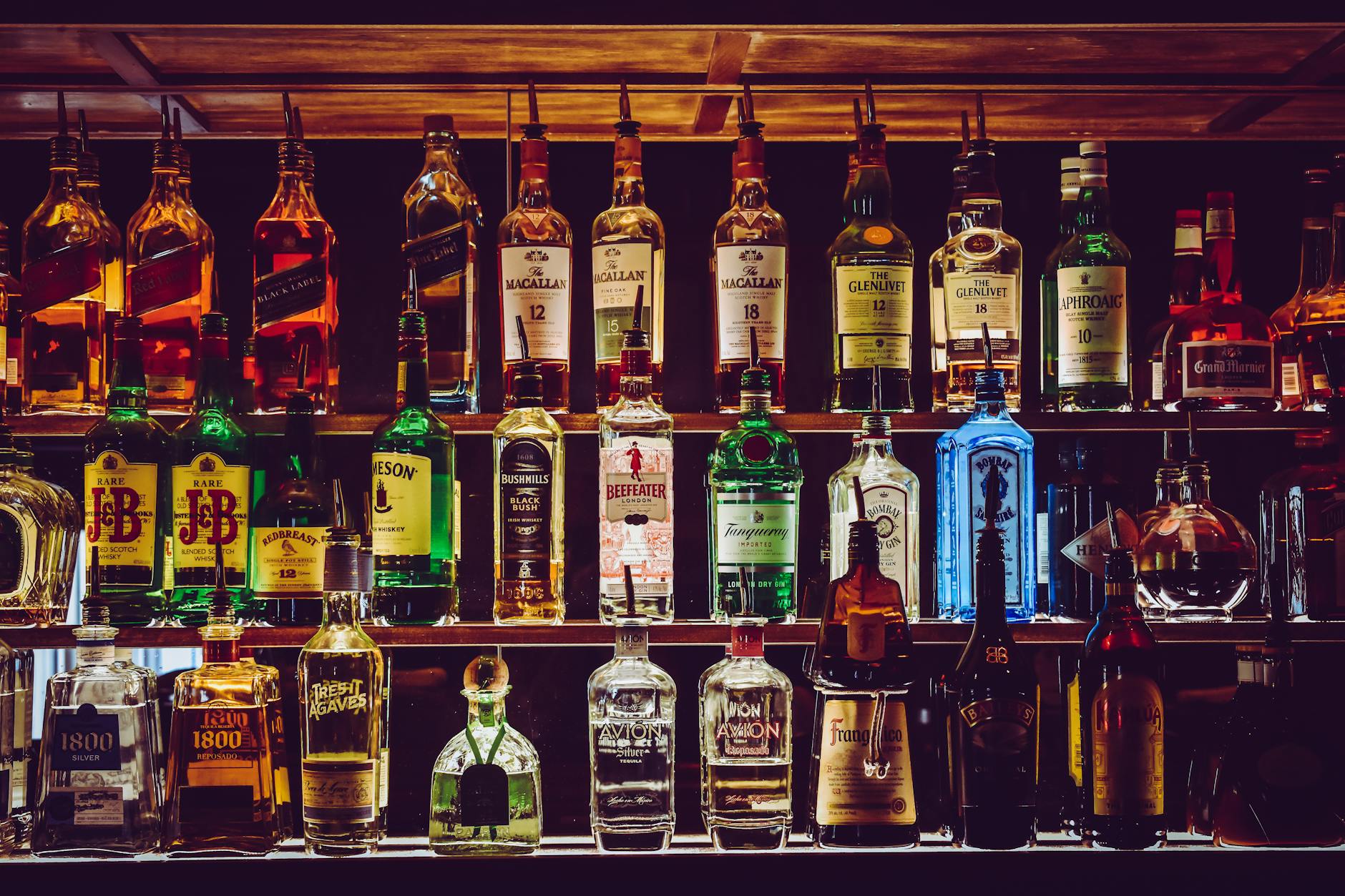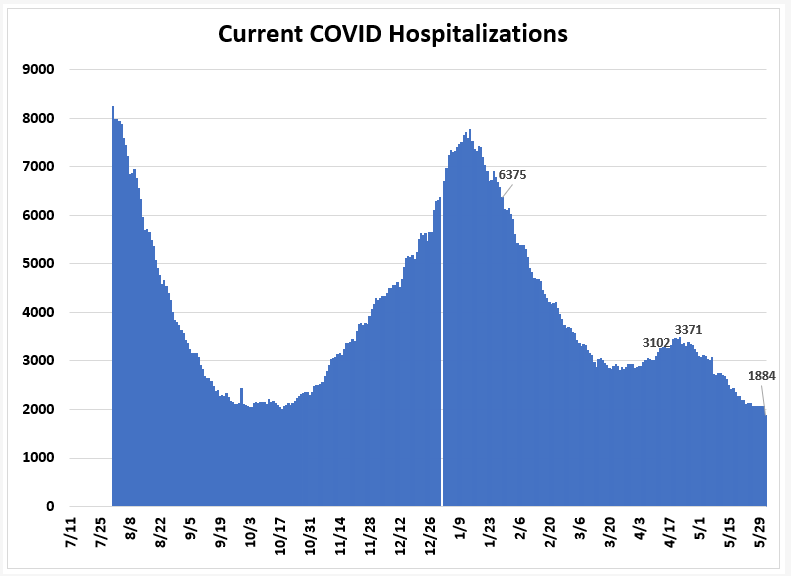From mind-boggling formulas to the hidden chemistry behind it all, discover the surprising truth about getting tipsy!

Image courtesy of Chris F via Pexels
Table of Contents
Have you ever wondered how many beers it takes to get drunk? It’s a question that has fascinated many, whether out of curiosity or a desire to understand their own limits. In this comprehensive blog post, we will delve deep into the captivating world of alcohol metabolism, individual tolerance levels, and the various factors influencing intoxication. Brace yourself for a scientific journey that will quench your thirst for knowledge.
Alcohol Metabolism: The Inner Workings of the Body
Alcohol metabolism is a complex process that occurs in our bodies when we consume alcoholic beverages. It primarily takes place in the liver, which acts as a filter to break down and eliminate alcohol from the bloodstream. However, the liver has its limitations. It can only metabolize a certain amount of alcohol per hour, typically around one standard drink (approximately 14 grams of pure alcohol). Therefore, the rate at which alcohol is eliminated from the body stays relatively constant, regardless of the quantity consumed.
This leads us to the intriguing question: how many drinks can we consume before we become intoxicated? The answer lies in understanding individual tolerance levels.
Individual Tolerance: The Factors at Play
Genetics play a significant role in determining an individual’s alcohol tolerance. Some individuals naturally possess enzymes that aid in the metabolism of alcohol more efficiently, allowing them to consume larger quantities before feeling drunk. On the other hand, those lacking these enzymes may experience intoxication at a lower alcohol intake.
Aside from genetics, body weight and composition also influence alcohol tolerance levels. The more body mass one has, the more diluted alcohol becomes in the bloodstream, leading to a decreased rate of intoxication. Additionally, individuals with a higher level of body fat tend to have lower water content in their bodies, causing alcohol to be less diluted and resulting in a higher blood alcohol concentration.
It’s crucial to note that previous alcohol consumption also plays a role in tolerance. Regular drinkers develop a level of tolerance over time, requiring larger amounts of alcohol to achieve the same degree of intoxication. This tolerance can be both a blessing and a curse, as it may lead to excessive alcohol consumption without perceiving the associated risks.
Influencing Factors: Beyond the Number of Beers
While the number of beers consumed is an essential factor to consider, it is not the sole determinant of intoxication levels. The alcohol percentage in a beverage significantly affects how quickly someone becomes drunk. For instance, consuming several beers with a high alcohol content might lead to intoxication faster than drinking the same number of low-alcohol beers.

Image courtesy of tallahasseereports.com via Google Images
It’s also worth noting that mixing different types of alcoholic beverages can impact intoxication. Some drinks have unique ingredients or compounds that may enhance the effects of alcohol, resulting in a more pronounced level of intoxication. Mixing different types of alcohol can make it more challenging to keep track of how much you have consumed or gauge your level of inebriation accurately.
Another crucial factor is whether you are drinking on an empty stomach or a full one. When you consume alcohol on an empty stomach, it is absorbed much more quickly into the bloodstream, leading to a quicker onset of intoxication. Having a meal before drinking can slow down alcohol absorption, giving the body more time to process the alcohol.
Conclusion
As we conclude our scientific exploration, it is crucial to approach alcohol consumption responsibly. The number of beers it takes to get drunk is highly individualized and varies based on metabolism, tolerance, and other influencing factors. Remember, the effects of alcohol can impair judgment and coordination, posing significant risks to your own safety and the well-being of others.
Understanding your personal alcohol tolerance, drinking in moderation, and being aware of the factors influencing intoxication can help you make informed decisions when consuming alcohol. It is always advisable to know your limits, consume alcohol responsibly, and never drive under the influence.
So, the next time you find yourself pondering the question, “how many beers to get drunk?” remember the intricate science behind it and the importance of making responsible choices. Cheers to knowledge, awareness, and a safer drinking culture!
Frequently Asked Questions
Question 1:
What is the legal blood alcohol concentration (BAC) limit in most countries?
Answer 1:
The legal BAC limit varies by country, but it is typically around 0.08%. It’s essential to familiarize yourself with the specific regulations in your location to ensure compliance and prioritize safety.
Question 2:
Are there any reliable breathalyzer devices available for personal use?
Answer 2:
Yes, there are reliable breathalyzer devices designed for personal use. These devices can provide an estimate of your BAC level, allowing you to make more informed decisions about driving or continuing to consume alcohol. However, it’s important to note that professional breathalyzer tests by authorities are more accurate and legally binding.
Question 3:
Does drinking water or eating food help sober up quickly?
Answer 3:
Drinking water and eating food can help dilute alcohol in the stomach and slow down the absorption into the bloodstream. While it may mitigate the effects to some extent, it does not significantly speed up the process of sobering up. Only time allows the liver to metabolize alcohol, so it’s best to wait it out and allow your body to eliminate it naturally.
Question 4:
Is it true that coffee can sober someone up?
Answer 4:
No, coffee does not sober someone up. The caffeine in coffee may make you feel more alert, but it does not reduce or eliminate the alcohol in your system. It can mask the feeling of intoxication, leading to a false sense of sobriety. Remember, only time can sober someone up, so it’s important to refrain from driving or making important decisions until you are fully sober.
Leave a Reply